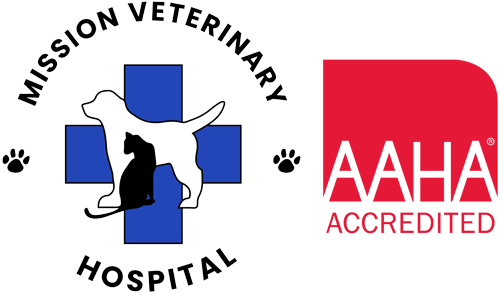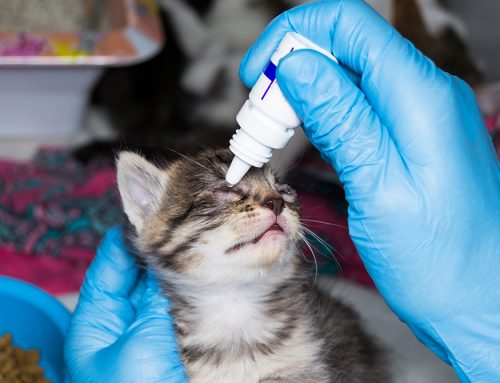Mission Veterinary Clinic
16915 San Fernando Mission Blvd, Granada Hills, CA 91344
Phone: 818-363-8143
Website: missionvet.com
Overview:
Chronic Kidney Disease (CKD) is a common condition in pets, particularly in older cats and dogs. CKD occurs when the kidneys gradually lose their ability to function properly over time, leading to a build-up of waste products in the blood and an imbalance of fluids and electrolytes. Early detection and management are key to improving the quality of life for pets with CKD.
Symptoms of CKD in Pets:
- Increased thirst and urination
- Loss of appetite
- Weight loss
- Vomiting and nausea
- Bad breath (uremic breath)
- Lethargy and weakness
- Poor coat condition
- Mouth ulcers (in severe cases)
Causes of CKD:
Chronic Kidney Disease can be caused by a variety of factors, including:
- Aging: As pets age, their kidney function naturally declines.
- Genetics: Some breeds are more predisposed to CKD.
- Infections: Chronic or recurrent kidney infections can damage the kidneys over time.
- Toxins: Exposure to certain toxins, such as antifreeze, can cause kidney damage.
- High Blood Pressure: Hypertension can lead to kidney damage.
- Chronic Inflammation: Conditions like glomerulonephritis can cause long-term damage to the kidneys.
Diagnosis:
CKD is typically diagnosed through a combination of blood tests, urinalysis, and imaging studies (such as ultrasound). Blood tests can reveal elevated levels of waste products like urea and creatinine, while urinalysis can detect protein or blood in the urine, which may indicate kidney damage.
Treatment and Management:
While CKD is a progressive condition and cannot be cured, it can be managed with the following treatments:
- Dietary Management: Prescription diets formulated for kidney disease can help reduce the workload on the kidneys and slow the progression of the disease.
- Medications: Various medications can be prescribed to manage symptoms, control blood pressure, reduce protein loss in the urine, and address complications like anemia.
- Fluid Therapy: Administering fluids, either subcutaneously or intravenously, can help manage dehydration and flush out toxins.
- Regular Monitoring: Regular veterinary check-ups, including blood and urine tests, are crucial to monitor the progression of the disease and adjust treatment plans as needed.
Prognosis:
The prognosis for pets with CKD varies depending on the stage of the disease and the response to treatment. With appropriate management, many pets with CKD can enjoy a good quality of life for months to years after diagnosis.
When to Seek Urgent Care:
If your pet exhibits symptoms such as severe vomiting, sudden collapse, or extreme lethargy, they may need urgent care. At Mission Veterinary Clinic, we are here to help. As an urgent care facility, we only accept walk-ins and do not take appointments. If you suspect your pet is experiencing a medical emergency related to CKD, please bring them in as soon as possible.
For more information, visit our website at missionvet.com or contact us at 818-363-8143. We are located in the San Fernando Valley at 16915 San Fernando Mission Blvd, Granada Hills, CA 91344.










Leave A Comment